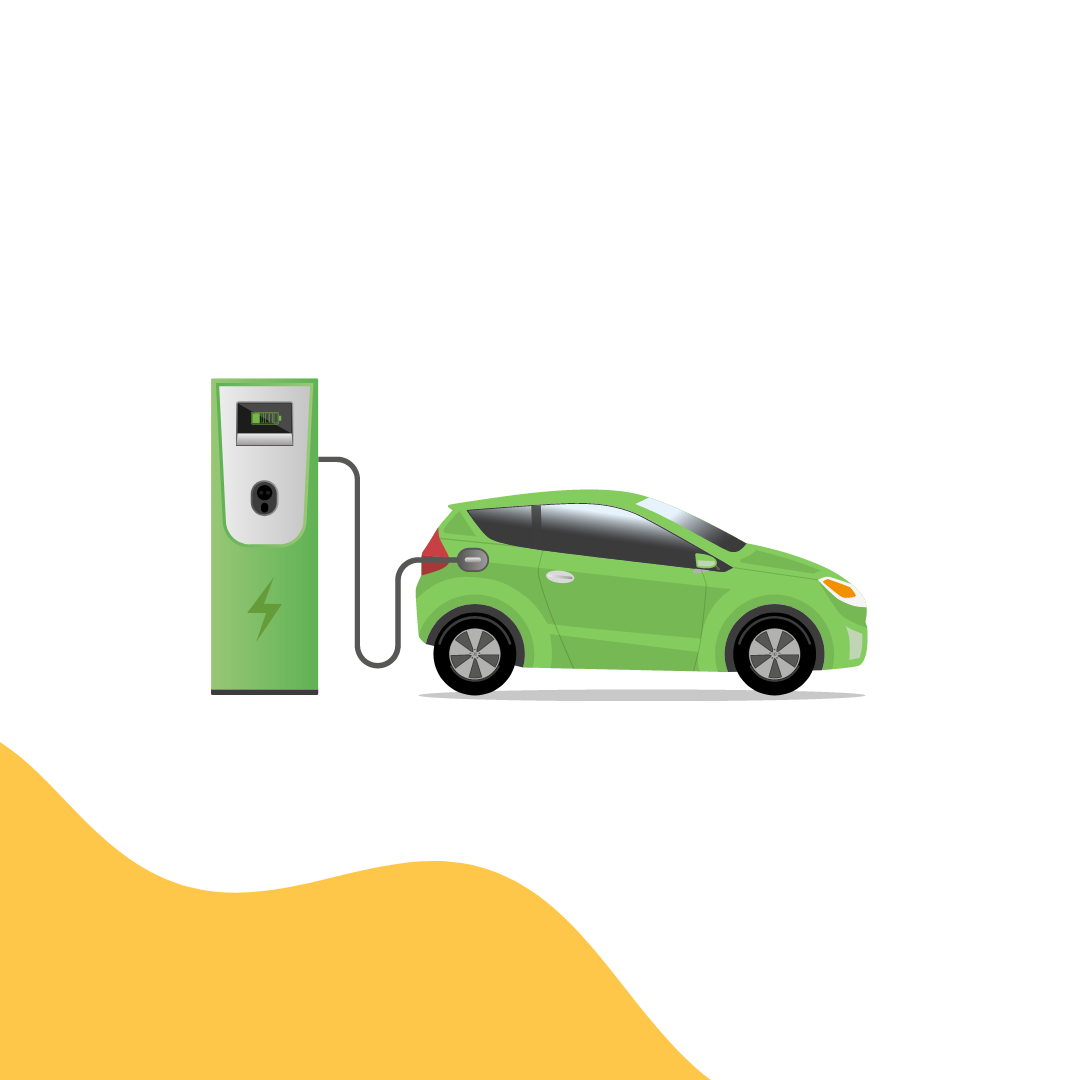Do I need to complete a Self Assessment tax return if I have redundancy pay?
In general, you will need to complete a Self Assessment tax return if you have redundancy pay if either of the following applies:
Your redundancy pay is more than the £30,000 tax-free allowance.
You have other income, such as earnings from a new job or self-employment income, that takes your total income above the personal allowance for the tax year.
If you are unsure whether or not you need to complete a Self Assessment tax return, you can use HM Revenue and Customs (HMRC) online calculator.
Here is a summary of the different types of redundancy pay and how they are taxed:
Statutory redundancy pay: This is the minimum amount of redundancy pay that you are entitled to if you have been employed for two years or more. Statutory redundancy pay is tax-free up to £30,000. Any amount above £30,000 is taxed at your normal income tax rate.
Payments in lieu of notice (PILON): This is a payment that your employer gives you instead of requiring you to work your notice period. PILONs are taxable as earnings.
Ex-gratia payments: These are payments that your employer gives you above and beyond what you are legally entitled to. Ex-gratia payments are taxable as earnings, unless they are specifically designated as compensation for loss of office.
If you have received redundancy pay and you are unsure whether or not you need to complete a Self Assessment tax return, you should speak to an accountant or tax advisor.
Here are some additional tips for completing a Self Assessment tax return:
Gather all of your relevant income and expenditure information. This includes your P45 from your previous employer, any other income you have received, and any expenses you have incurred in relation to your redundancy pay.
Use the HMRC online Self Assessment tool to complete your tax return. This tool is easy to use and it will help you to ensure that you are completing your tax return correctly.
File your tax return on time. The deadline for filing your Self Assessment tax return is usually October 31st. However, if you are self-employed, you may have to file your tax return earlier.
If you have any questions about completing a Self Assessment tax return, you can contact HMRC for help.



